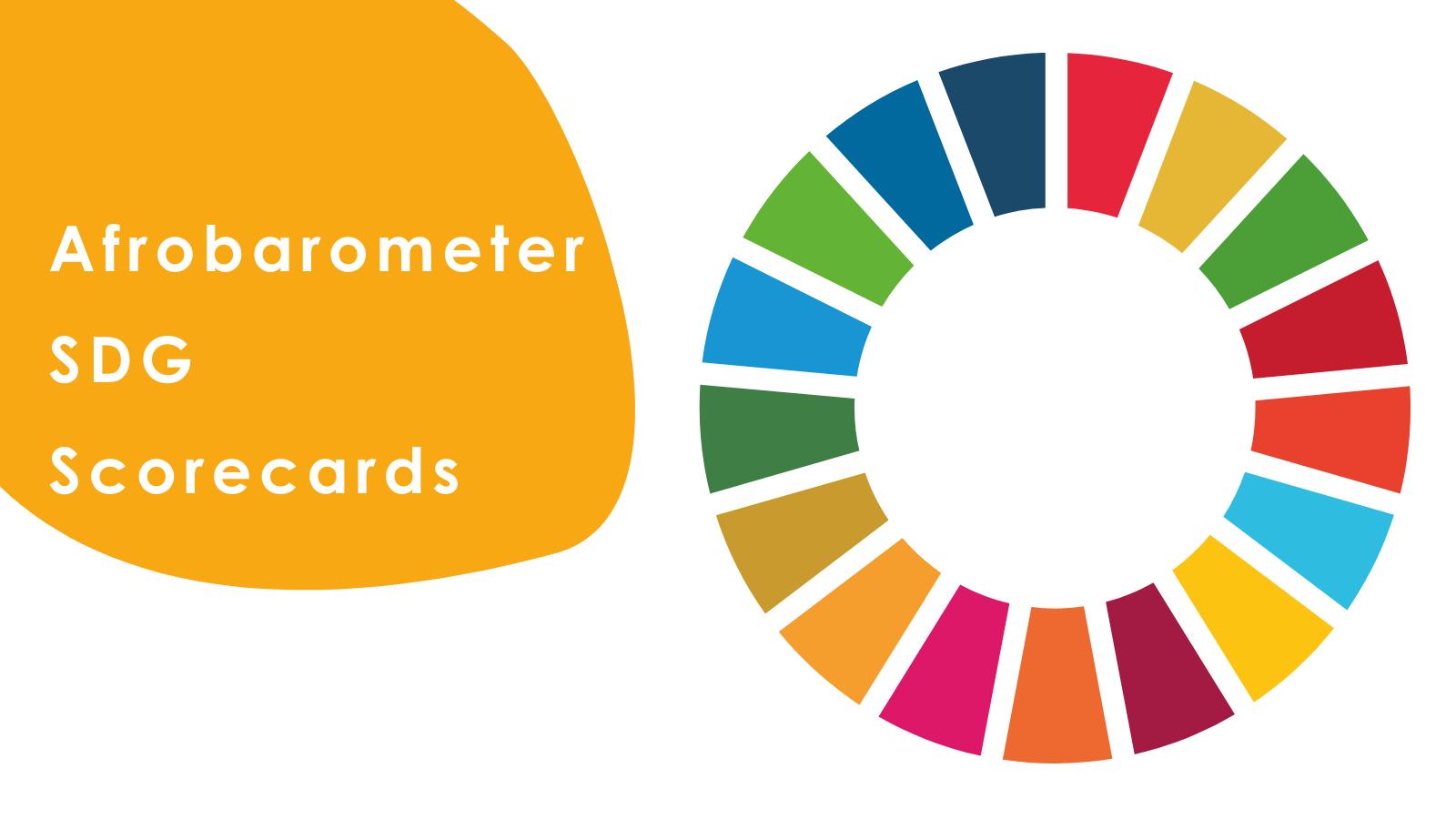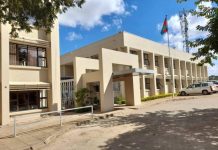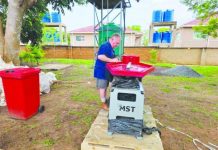Africa-Press – Malawi. Malawi is doing worse on reducing poverty, hunger, and unemployment and other indicators, according to a recent Afrobarometer Sustainable Development Goal (SDG) Scorecard for the country.
Afrobarometer SDG Scorecards for 31 countries are being released between May-August 2021. Afrobarometer’s national partners in all regions of Africa conduct face-to-face interviews in the language of the respondent’s choice. In the recent survey in Malawi, the Centre for Social Research at the University of Malawi interviewed a nationally representative, random, stratified probability sample of 1,200 adult Malawians. A sample of this size yields country-level results with a margin of error of +/-3 percentage points at a 95% confidence level.
The Afrobarometer SDG Scorecard, which provides citizens’ assessments of Malawi’s progress over a recent five-year period on important aspects of the United Nations Sustainable Development Goals, reflects partial progress in only two areas – access to medical care and infrastructure.
Trends are negative when it comes to gender equality in financial control and climate action, and there are mixed results on gender equality in technology use, access to clean water and sanitation, and trust in state institutions (police, judiciary, and Parliament). The country has made no progress on increasing access to education and electricity or on reducing ethnic inequalities and payment of bribes.
The newly developed Afrobarometer SDG Scorecards highlight citizens’ experiences and evaluations of their country’s performance on democracy and governance, poverty, health, education, energy supply, water and sanitation, inequality, gender equity, and other priorities reflected in 12 of the 17 SDGs.
“These citizen assessments can be compared to official UN tracking indicators. They present both summary assessments for each SDG – via blue, green, yellow, and red “stoplights” – as well as the data behind these assessments.
Afrobarometer, an independent Pan-African survey research network, released scorecards for Malawi and five other countries as part of a series of regional webinars focusing on progress toward the SDGs in Africa.
Abel Oyuke, Afrobarometer project manager for East Africa, says the Afrobarometer SDG Scorecards provide an additional perspective – one that is usually missing from other sources – that can be compared and contrasted with other indicators and thus enrich the discussion, help identify gaps, and support action to move forward in each country.
“Afrobarometer data relevant to the SDGs are especially valuable because of the frequency of collection (in survey rounds every two to three years) and the independence, quality, and reliability of the data.
“They can offer an independent check, from a grassroots perspective, on the data points reported by government statistics offices and other sources,” he is quoted as saying in a press release issued last month, July.






